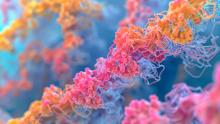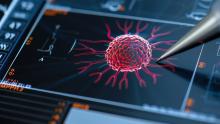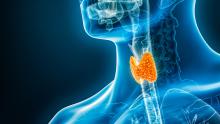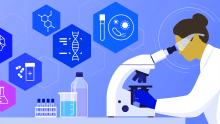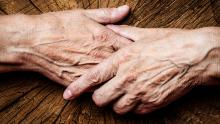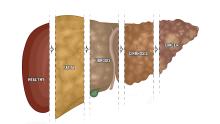How tiny microstructures in our organs hold big clues to our health

Every year, over 150 000 Europeans die as a result of liver disease. The EU-funded project LSO developed pioneering techniques to map the microstructure of the liver and other organs. The results provide new insights into liver regeneration, malaria treatment, insulin production and more.



